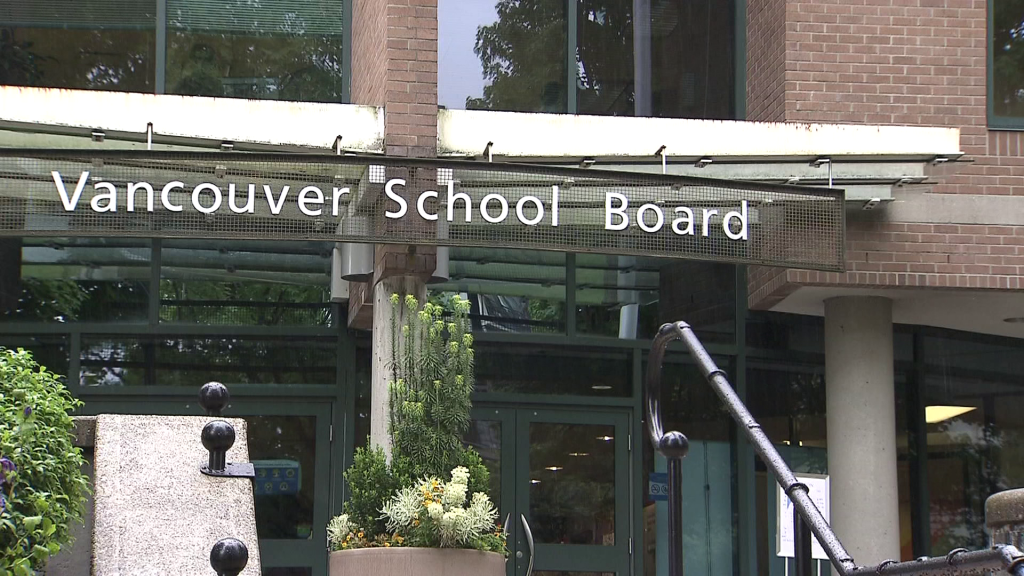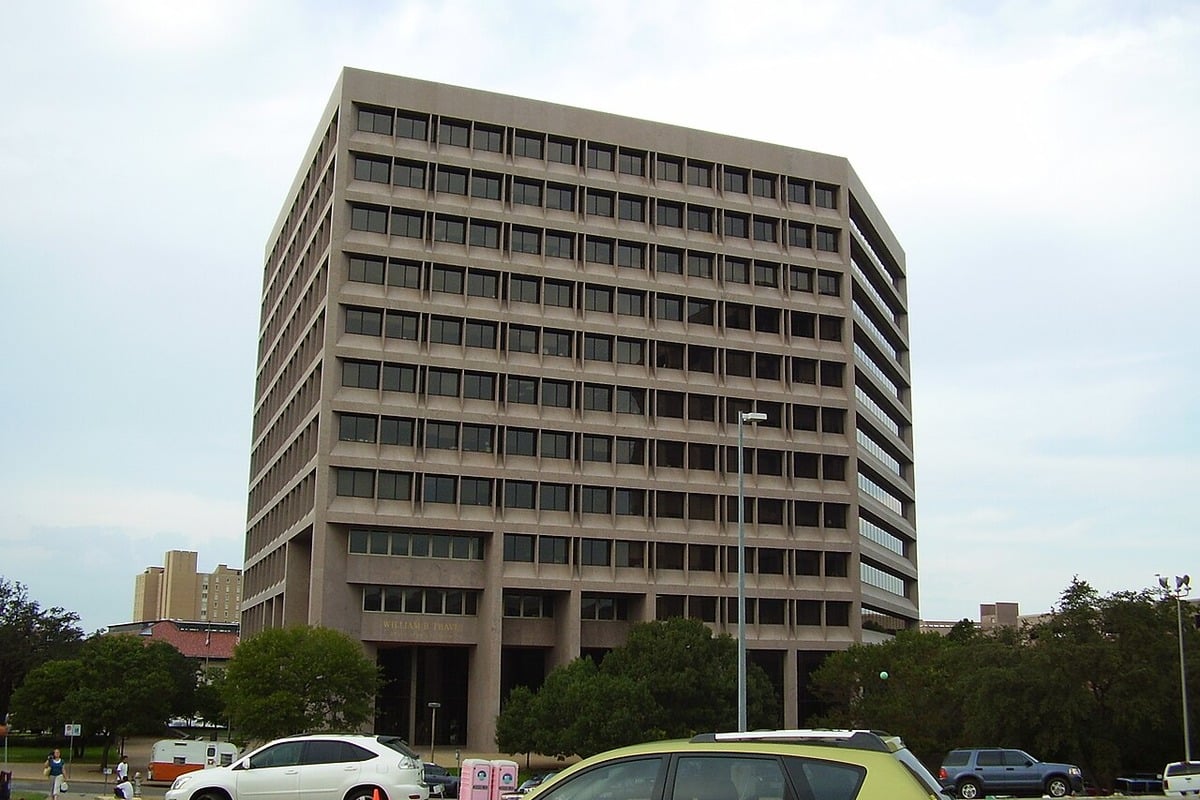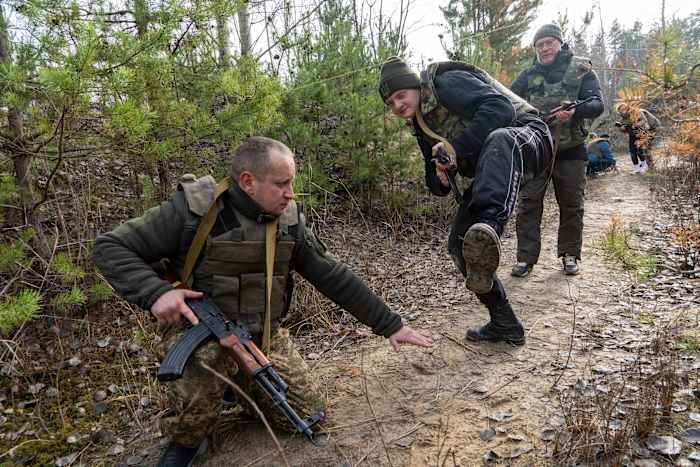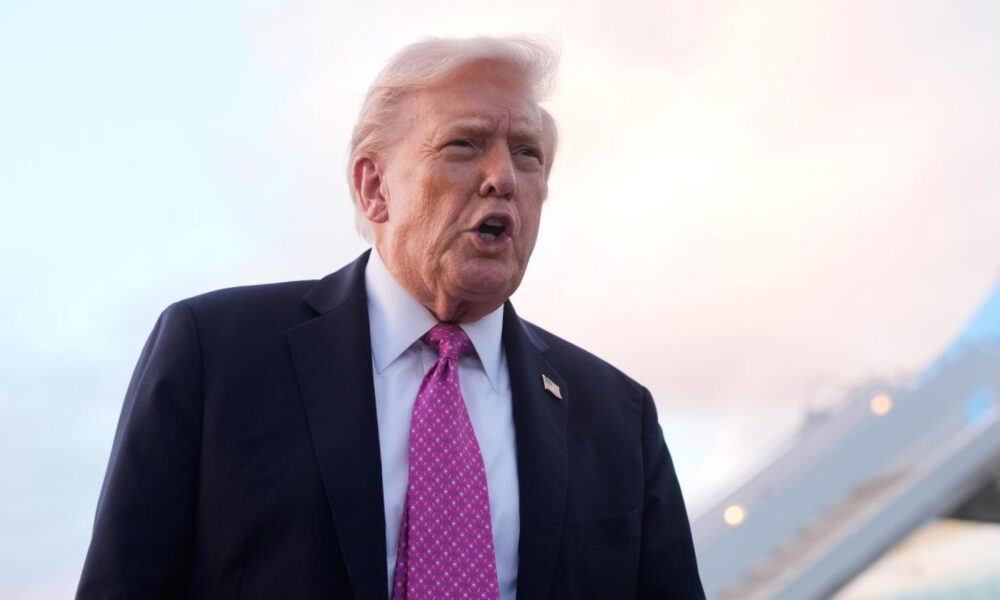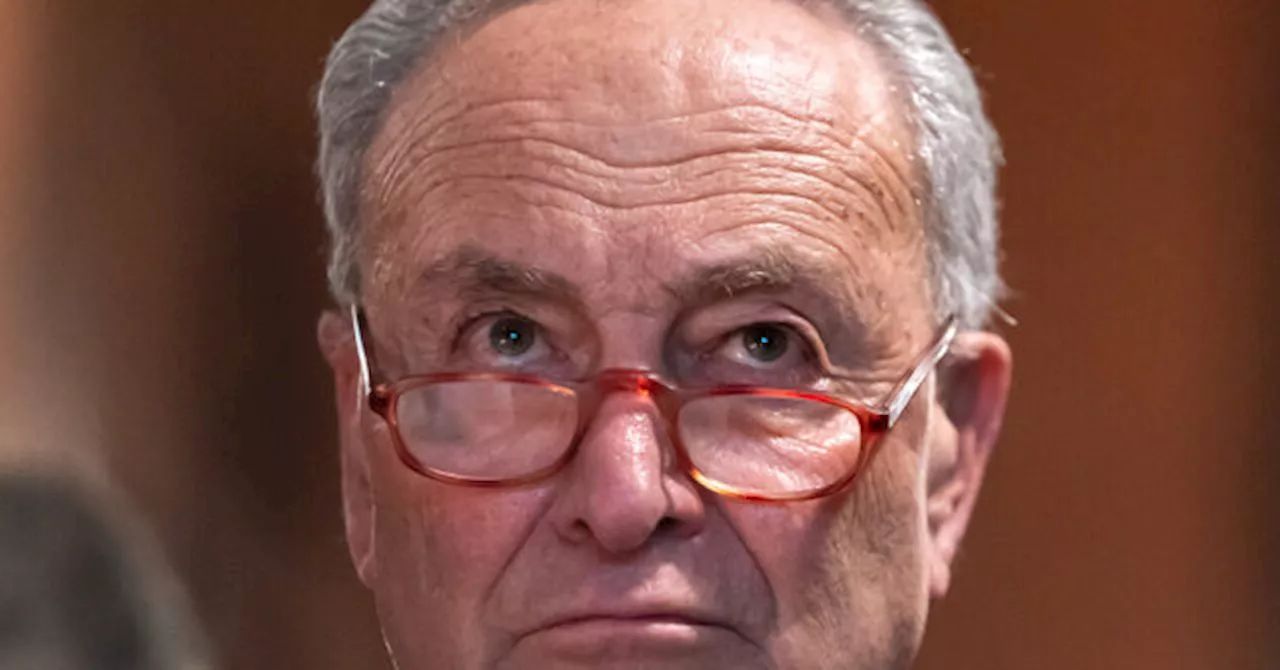A high school student in Vancouver is challenging the Vancouver School Board (VSB) over what he describes as a lack of transparency in its decision-making processes. Christopher Lee has raised concerns that the VSB is misusing private sessions to discuss significant policy issues without public oversight.
Lee accuses the board of extending private discussions to a wide array of topics, which he believes undermines accountability. He stated, “Right now, what they’re doing is they’re extending it to talks about a whole range of issues just to make sure that the VSB isn’t held accountable.” His comments highlight a growing frustration among students and parents regarding the board’s practices.
While the VSB holds public meetings that are recorded, Lee points out that smaller group discussions, which can lead to policy changes, are not live-streamed. “During regular meetings, during regular committee sessions, and board meetings, they can have something called small group discussions, and during those small group discussions, which change policy, they don’t live stream anything,” he explained.
The small-group discussions are intended for confidential matters but have evolved into forums for broader policy deliberations. Recently, Lee attended a public VSB meeting where he advocated for increased transparency. He expressed disappointment at feeling unheard during the meeting, prompting him to take his concerns to social media.
“They acted very combatively toward a student,” Lee said, referring to the board’s response to his advocacy. He has since posted recordings of the meeting online, aiming to shed light on the discussions that occur behind closed doors.
In response to Lee’s criticisms, the VSB issued a statement defending its practices. The board indicated that “there are times when public interest is best served by private discussion of specific issues in ‘private’ sessions.” The statement outlined that such discussions are crucial for protecting individual privacy and the board’s negotiating position regarding collective agreements or contracts.
Support for Lee is growing, particularly from the District Parent Advisory Council (DPAC), which represents caregivers within the school districts of British Columbia. DPAC spokesperson Melanie Chang noted that her organization has been advocating for enhanced transparency for years, particularly in Vancouver.
“We have taken steps in our organization to engage with other districts and parent advisory councils,” Chang said. “By comparison, we know that Vancouver is not meeting the standards of other districts.” She echoed Lee’s sentiments, emphasizing that decisions affecting students and families are often made without adequate public scrutiny.
Chang expressed her belief that opportunities for open dialogue with the VSB have diminished over the years. She praised Lee’s initiative and encouraged other students to share their experiences with public education. “Very brave for speaking out against the board. I would encourage students to also share their experiences on public education,” she said.
Both Lee and Chang are advocating for the VSB to live-stream all meetings and publish records of discussions online. The VSB maintains that public meetings are indeed live-streamed and recorded. They stated, “These recordings are created solely to assist in preparing the official minutes, which serve as the permanent and authoritative record of Board decisions.”
All meeting minutes can be accessed on the VSB’s website, although the board noted that once minutes are finalized and approved, the recordings are scheduled for destruction after one year.
The ongoing dialogue about transparency between students, parents, and the VSB is crucial as stakeholders seek to ensure accountability in the educational system. Lee’s actions have sparked a conversation that may lead to significant changes in how the board communicates with the community it serves.

